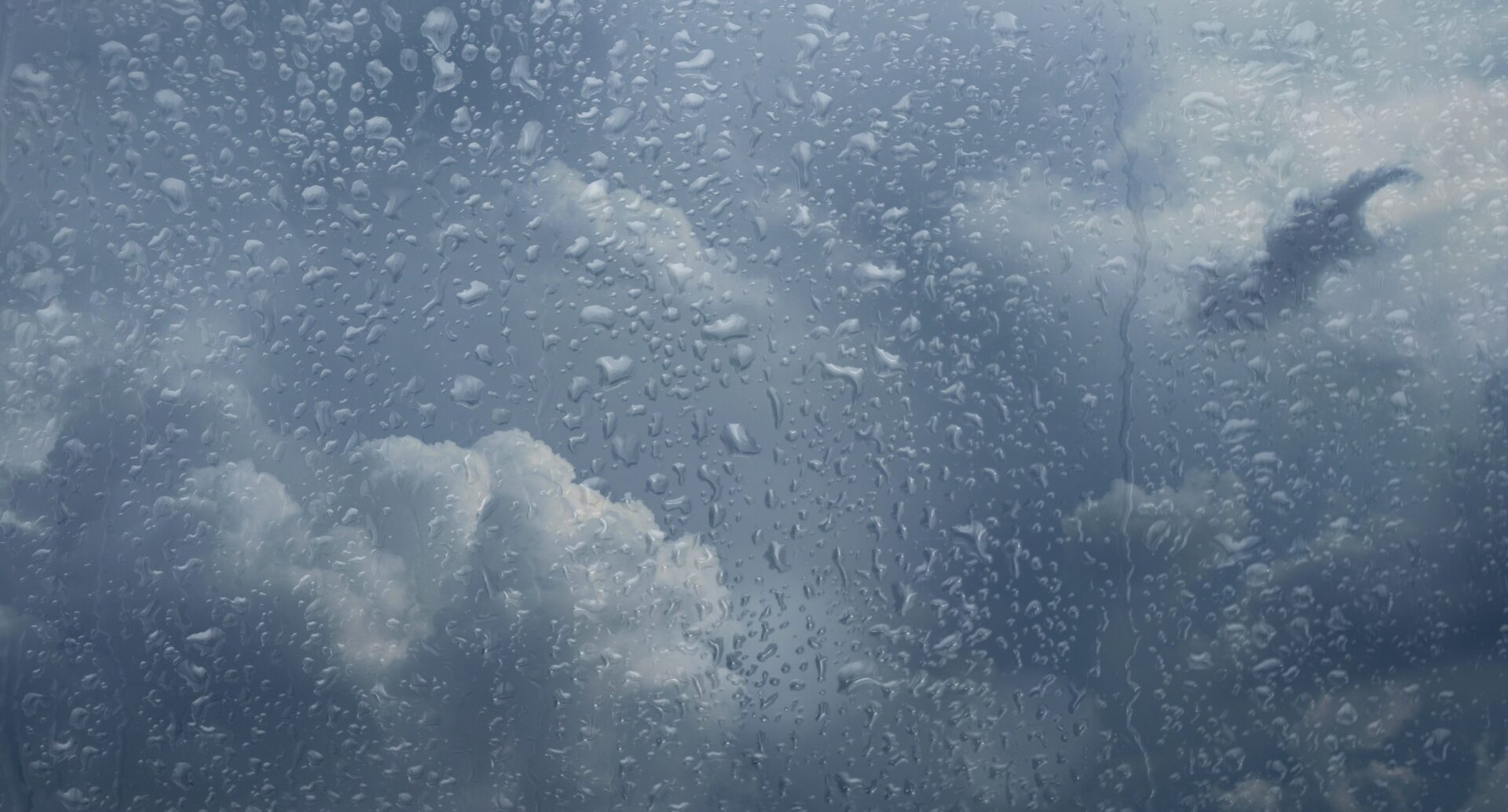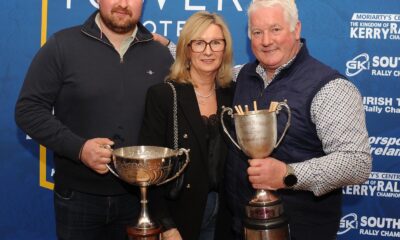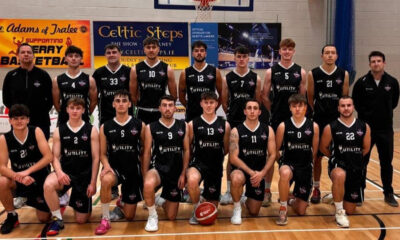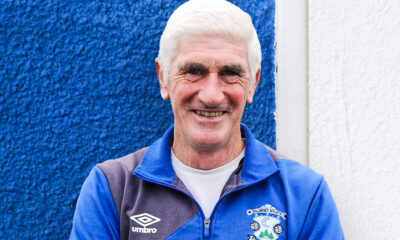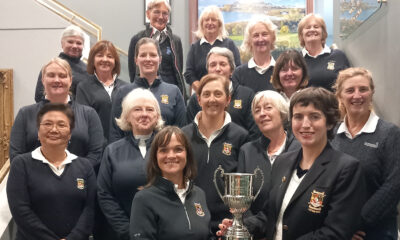News
Happy Monday for Killarney as it maintains top-ten anti-litter status

I
IT’S A case of Happy Monday for Killarney today as it celebrates maintaining its top ten status in a major anti-litterstudy. The latest survey by business group Irish Business Against Litter (IBAL) shows Killarney in ninth position in the ranking of 40 towns and cities and once again deemed “Cleaner than European Norms”. Our town is a former winner of the IBAL Anti Litter League.
While nearly all of Ireland’s main towns are now clean, pockets of our major cities continue to suffer from significant levels of litter, The study, conducted by an Taisce, showed only two of 25 towns surveyed to be littered, but 7 of the 8 bottom places in the rankings to be occupied by city areas. IBAL says councils need to concentrate on those specific areas where the problem is worst.
The An Taisce report on Killarney stated: “Killarney has been a top-performing town for a number of years in the IBAL Litter survey and this high ranking is continued in 2016. Some of the particularly good sites included High Street and Main Street, the residential area of Countess Grove and Plunkett Street – the latter had colourful windows boxes and nicely presented shop fronts.”
Kilkenny once again topped the table, ahead of Enniscorthy, Kildare and Waterford City.
IBAL’s inclusion of more city areas in its rankings is a recognition of the fact that litter is now largely restricted to neglected pockets of our cities. ”These survey findings bear out our contention that while our city centres are generally well maintained, disadvantaged areas continue to be the source of much of the litter in our country,” says Conor Horgan of IBAL.
According to IBAL, litter is a symptom of social neglect, and councils need to look at a community-wide response targeting those areas where the problem is at its worst. “Work at keeping these areas clean for six to twelve months and they are likely to stay clean, and the community can have pride in their neighbourhood,“ says Horgan. “That does cost money initially, but the payback will be significant.”
“This underlines the need to ensure that in our new house-building programme we don’t replicate the mistakes of the past and ensure the 50,000 new homes planned by 2021 are built as communities, with mixed incomes, proper infrastructure and most of all are places that people have pride in - good for communities and good for business.”
While litter is subsiding, evidence suggests dumping is rising. The business group concurs with the principle behind the mandatory pay-by-weight collection system, due for introduction next year, but fears that it will inevitably lead to more dumping. “We would be especially concerned that the experience of this summer will set the public against the charges when they come in next year. This can only be harmful to our environment.”
The survey showed sweet papers as once again the most common form of litter on our streets, followed by fast food wrappers, cigarette butts and chewing gum. There was a rise in the prevalence of cans and plastic bottles.
Above: Main Street was on of the areas that came in for favourable comment by the judges in the Irish Business Against Litter report.


